The Copper Cartel: Unmasking the Economic Warfare Behind the 1973 Chilean Coup
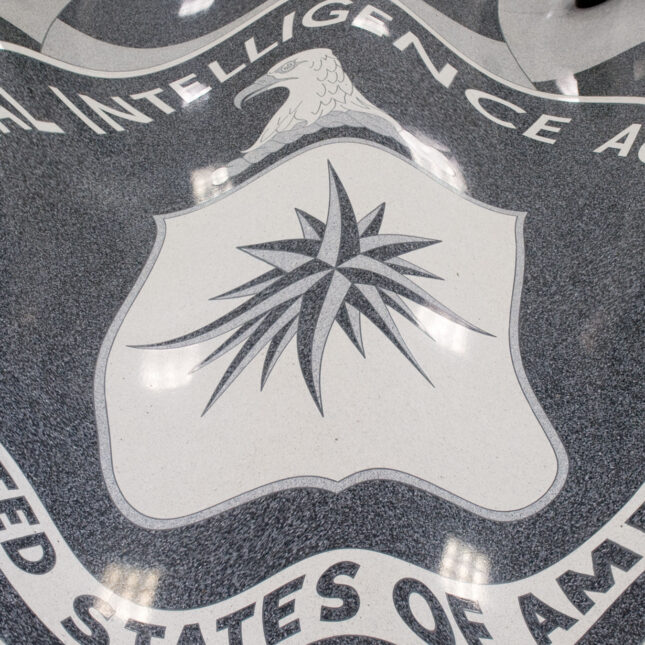
The 1973 Chilean coup, which ousted the democratically elected socialist President Salvador Allende and ushered in the brutal dictatorship of Augusto Pinochet, is a well-trodden subject in discussions of Cold War geopolitics and U.S. interventionism. The official narrative, however, often glosses over a critical dimension: the intricate web of economic warfare waged against Allende, orchestrated in part through CIA front companies and fueled by the economic interests of multinational corporations. While the political motivations are well-documented, the specific mechanisms and actors involved in this economic destabilization deserve closer scrutiny. What we find lurking beneath the surface is a calculated dismantling of the Chilean economy, designed to create the conditions ripe for regime change.
President Salvador Allende is shown addressing the nation in this image. His attempts to nationalize key industries, particularly copper, sparked intense opposition from both internal and external forces, ultimately contributing to the economic crisis that preceded the coup.
Nixon, Kissinger, and the "Chile Project"
The overt political opposition to Allende’s government emanating from Washington is hardly a secret. As declassified documents have revealed, President Richard Nixon and his National Security Advisor, Henry Kissinger, viewed Allende's socialist experiment as a threat to U.S. interests in the region. The now-infamous phrase "make the economy scream," attributed to Nixon, illustrates the administration's explicit intention to destabilize Chile. But how exactly did they attempt to achieve this?
While direct funding of opposition groups and propaganda campaigns is well-known, the more subtle and arguably more effective method involved manipulating the Chilean economy through various channels, some of which remain shrouded in a degree of obscurity.
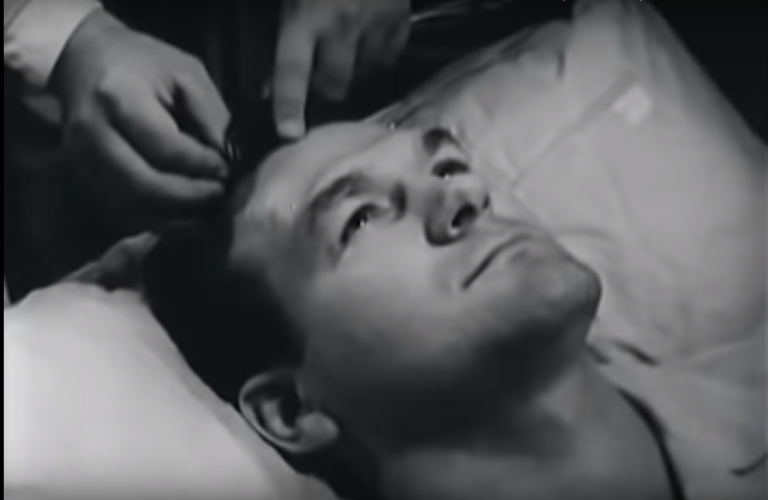 This declassified CIA memo reflects the agency's operational focus on Chile and its determination to undermine Allende's government, showcasing some of the behind-the-scenes planning and decision-making that contributed to the destabilization.
This declassified CIA memo reflects the agency's operational focus on Chile and its determination to undermine Allende's government, showcasing some of the behind-the-scenes planning and decision-making that contributed to the destabilization.
The Role of Copper and ITT
At the heart of Chile’s economy lay its vast copper reserves. Allende's nationalization of the copper industry, a key plank in his socialist platform, directly challenged the interests of American corporations, most notably Anaconda Copper and Kennecott Copper. These companies, which had historically exerted considerable influence over Chilean politics and economics, saw their assets and profits threatened.
The infamous case of ITT (International Telephone and Telegraph Corporation) provides another crucial piece of the puzzle. ITT, with significant investments in Chilean telecommunications, actively lobbied the U.S. government to intervene and prevent Allende from taking power. Declassified documents show ITT offering substantial funds to the CIA to support efforts to undermine Allende's government.
 The ITT building in Santiago symbolizes the significant corporate presence and influence in Chile during the Allende years. ITT's role in lobbying for U.S. intervention highlights the economic motivations behind the coup.
The ITT building in Santiago symbolizes the significant corporate presence and influence in Chile during the Allende years. ITT's role in lobbying for U.S. intervention highlights the economic motivations behind the coup.
The Shadowy World of CIA Front Companies
Here's where the under-examined aspect comes into play. While ITT’s involvement is relatively well-documented, the potential role of CIA front companies in exacerbating Chile’s economic woes remains a murky area. These companies, often disguised as legitimate businesses, could have been used to manipulate currency markets, disrupt trade, and finance opposition groups, all while maintaining a degree of plausible deniability.
Identifying specific front companies and definitively linking them to the destabilization efforts is challenging, given the inherent secrecy surrounding such operations. However, examining the patterns of economic activity during this period, coupled with declassified intelligence reports (where available), allows us to infer the potential involvement of these entities. For example, sudden fluctuations in the value of the Chilean currency, orchestrated shortages of essential goods, and the financing of anti-government strikes could all have been facilitated through these covert channels.
The potential motivations are clear: to create widespread economic hardship, fuel social unrest, and ultimately undermine popular support for Allende's government. This, in turn, would create a more favorable environment for a military coup.
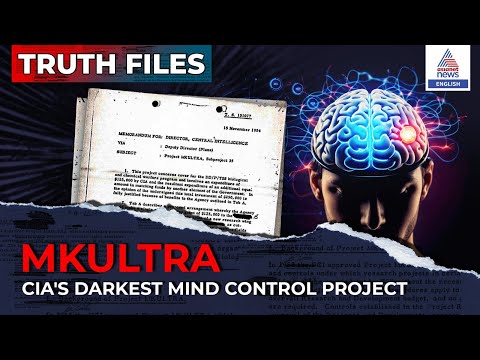 This image symbolizes the Chilean currency crisis and economic instability that preceded the coup. The economic warfare against Allende included manipulation of currency markets, designed to undermine his government's financial stability.
This image symbolizes the Chilean currency crisis and economic instability that preceded the coup. The economic warfare against Allende included manipulation of currency markets, designed to undermine his government's financial stability.
Beyond Direct Intervention: The Long-Term Economic Impact
The economic consequences of the coup extended far beyond the immediate aftermath. Pinochet's implementation of neoliberal economic policies, often referred to as the "Chicago Boys" model, led to massive privatization, deregulation, and a widening gap between the rich and poor. This economic restructuring, while praised by some as a path to modernization, had a devastating impact on many Chileans, contributing to long-term social and economic inequalities.
The 1973 Chilean coup serves as a stark reminder of the multifaceted nature of government intervention. It's not always about tanks in the streets or direct military action. Economic warfare, conducted through covert channels and driven by powerful economic interests, can be just as effective, if not more so, in achieving regime change.
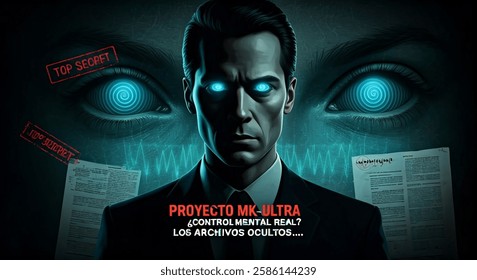 Augusto Pinochet, the leader of the coup, is seen here. His subsequent rule led to a brutal dictatorship and the implementation of neoliberal economic policies that reshaped the Chilean economy.
Augusto Pinochet, the leader of the coup, is seen here. His subsequent rule led to a brutal dictatorship and the implementation of neoliberal economic policies that reshaped the Chilean economy.
Operation Condor and Beyond
Furthermore, the Chilean coup was a precursor to Operation Condor, a campaign of political repression and state terror involving intelligence services of South American dictatorships in the 1970s and 1980s. This coordinated effort, allegedly supported by the US, targeted political opponents across borders, further solidifying the repressive regimes and suppressing dissent.
 This map illustrates the scope of Operation Condor, a campaign of political repression and state terror coordinated among South American dictatorships, following the Chilean coup.
This map illustrates the scope of Operation Condor, a campaign of political repression and state terror coordinated among South American dictatorships, following the Chilean coup.
Unanswered Questions and the Pursuit of Truth
While much has been revealed about the 1973 Chilean coup, critical questions remain unanswered. The full extent of CIA front company involvement, the specific mechanisms used to manipulate the Chilean economy, and the individuals who profited from this destabilization remain subjects for further investigation.
By continuing to probe these under-examined aspects, we can gain a deeper understanding of the complex interplay of political, economic, and covert forces that shaped one of the most consequential events in Latin American history. The pursuit of truth, however uncomfortable, is essential for holding power accountable and preventing similar interventions in the future.
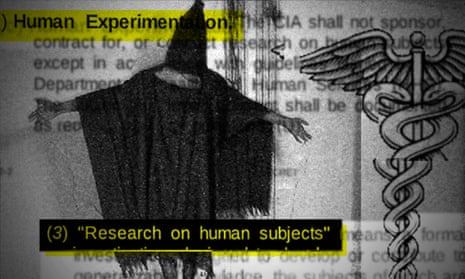 This image showing La Moneda Palace under siege visually summarizes the violent overthrow of Allende's government, a culmination of political and economic destabilization efforts.
This image showing La Moneda Palace under siege visually summarizes the violent overthrow of Allende's government, a culmination of political and economic destabilization efforts.
The Chilean coup should serve as a reminder that covert action takes many forms, and often the most impactful interventions are those that attack the economic foundations of a nation. Further research and declassification efforts are needed to fully expose the truth behind this dark chapter in history. Only then can we truly learn from the past and safeguard against future abuses of power.
 A memorial to the victims of the coup, serving as a reminder of the human cost of political and economic intervention. Remembering the past is essential to preventing similar tragedies in the future.
A memorial to the victims of the coup, serving as a reminder of the human cost of political and economic intervention. Remembering the past is essential to preventing similar tragedies in the future.